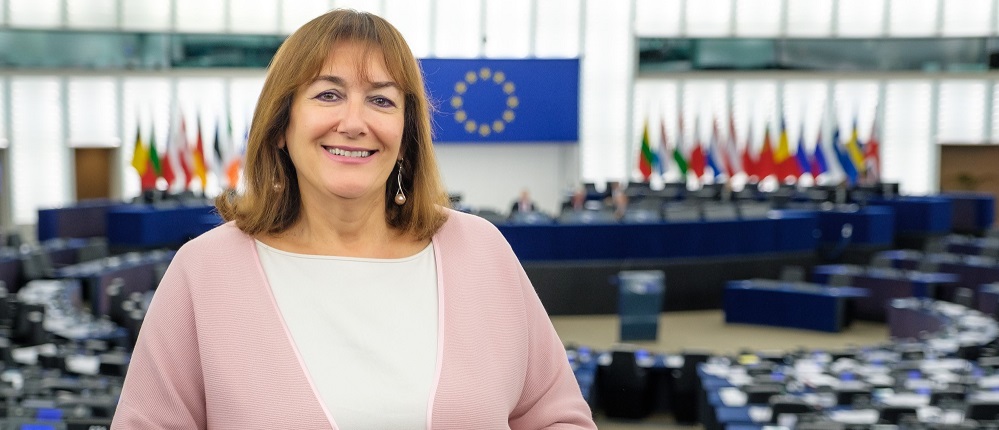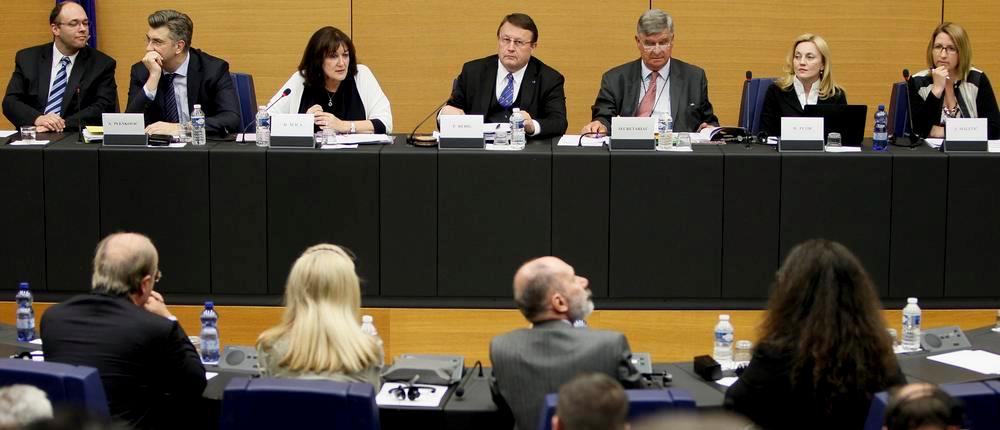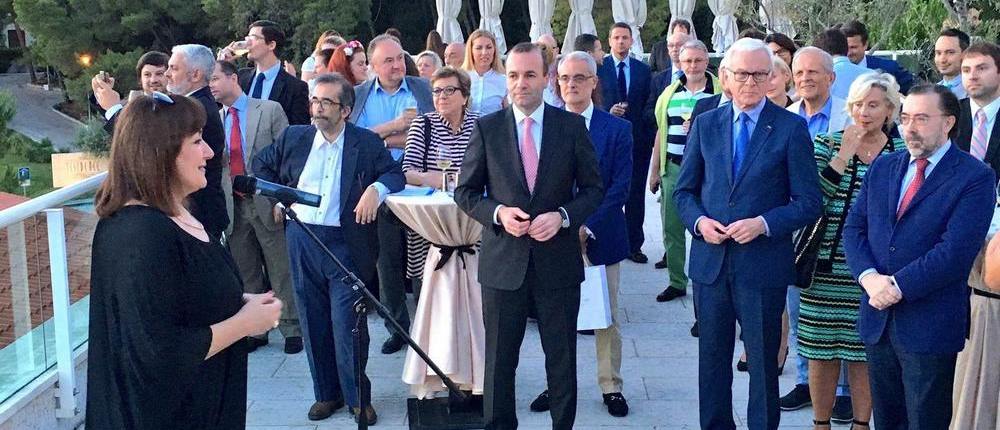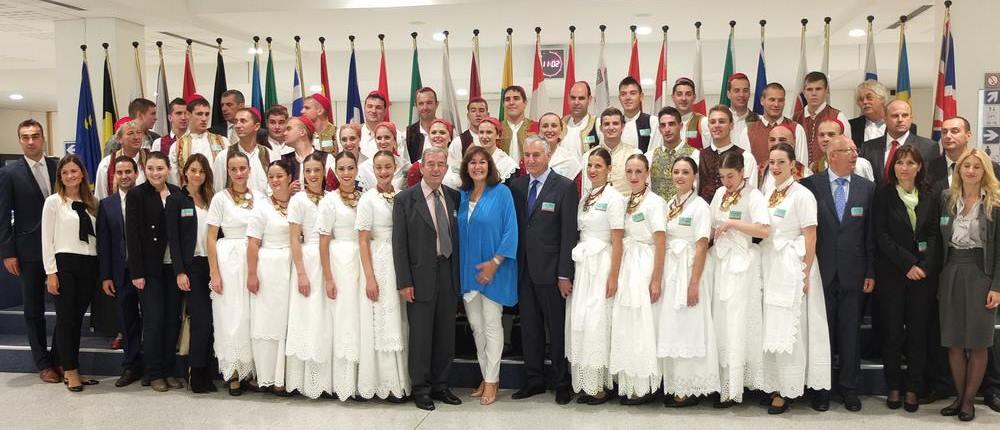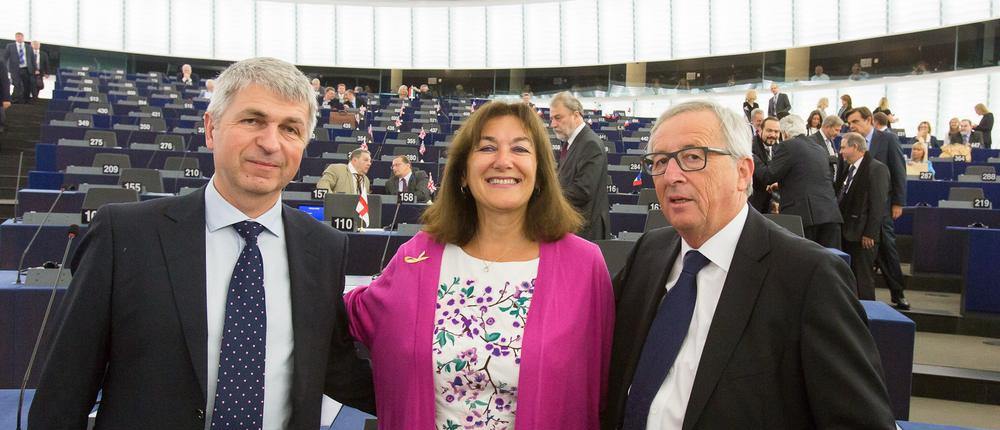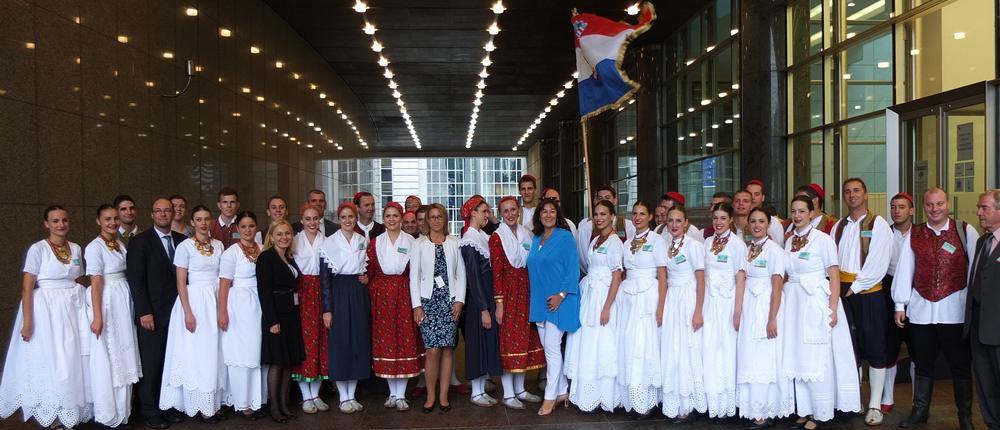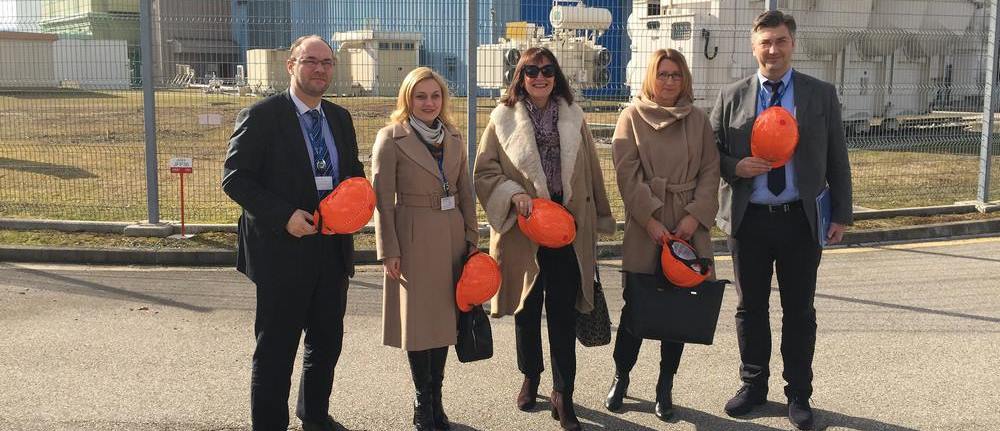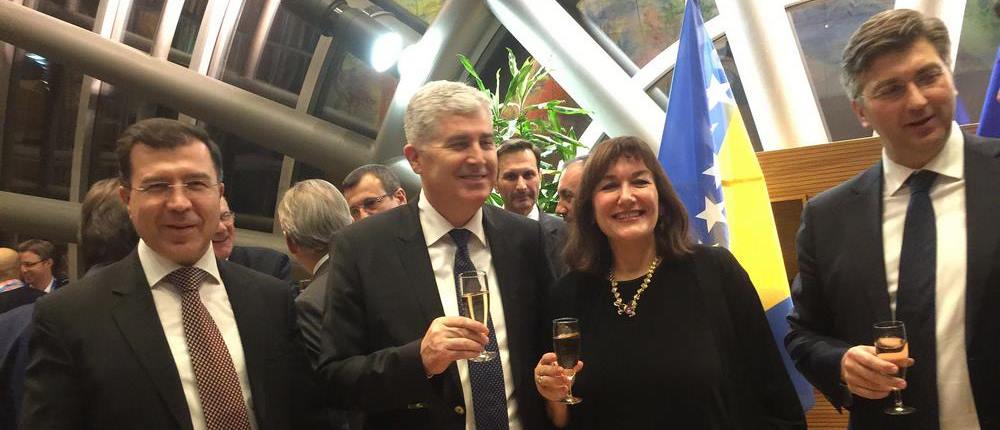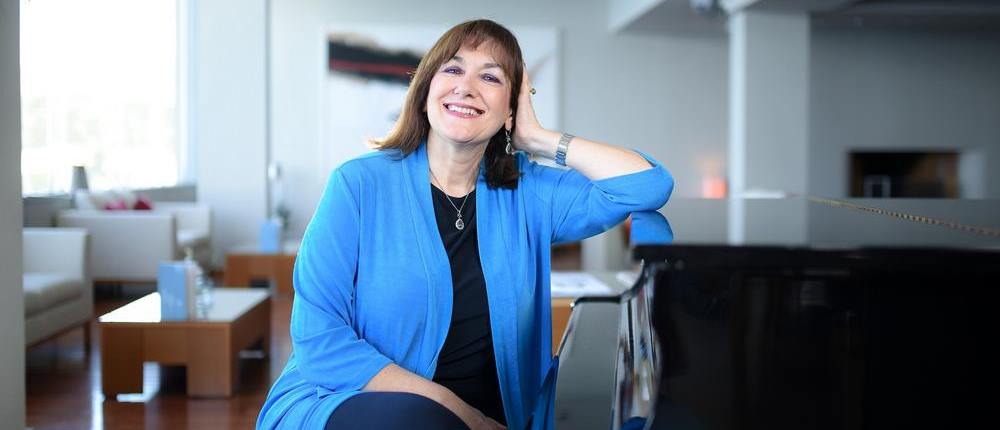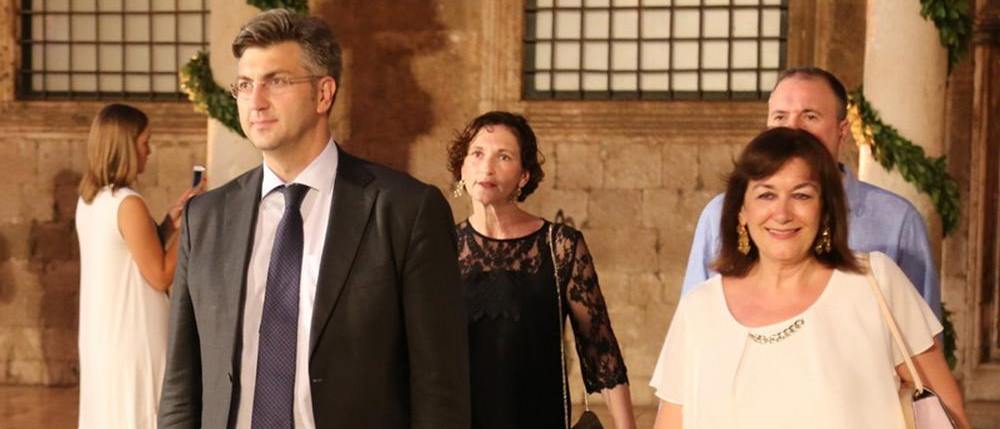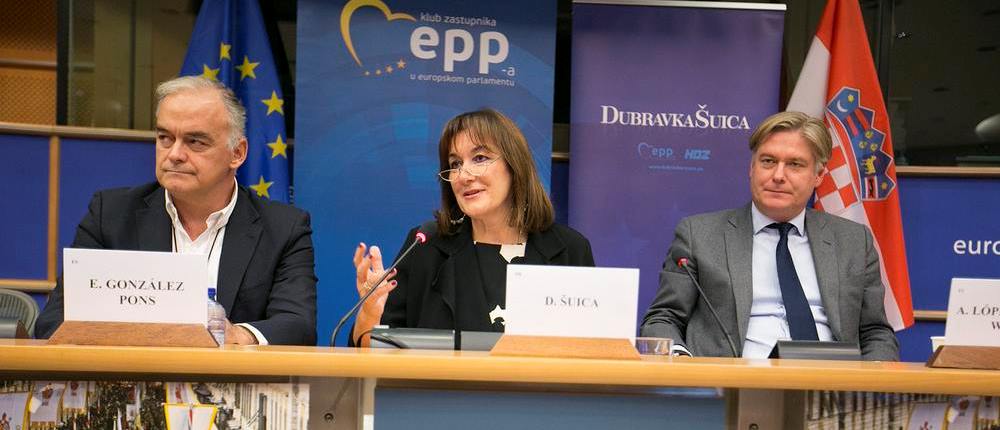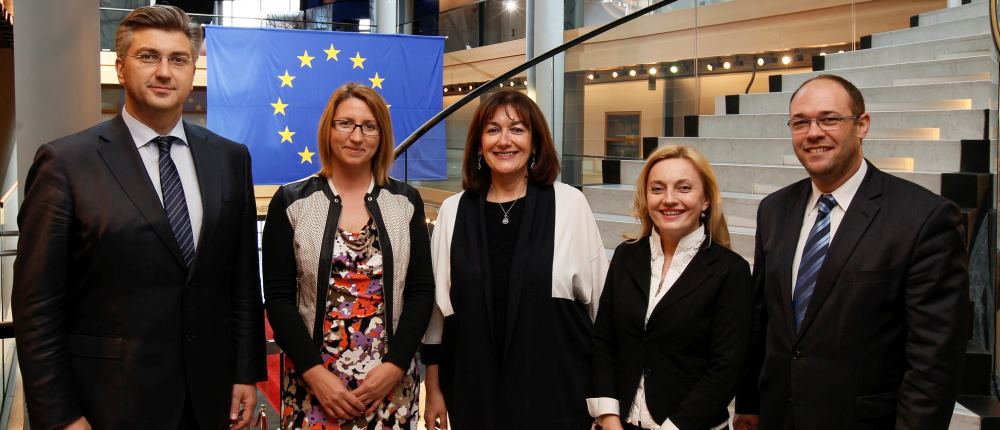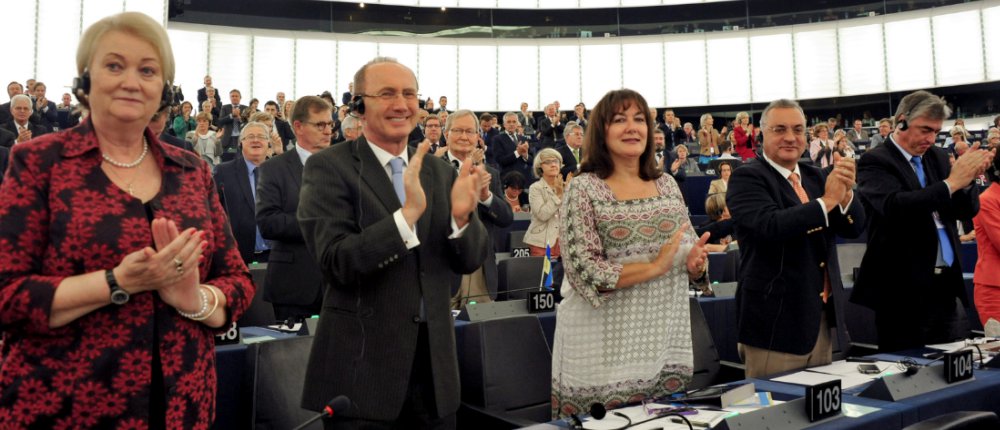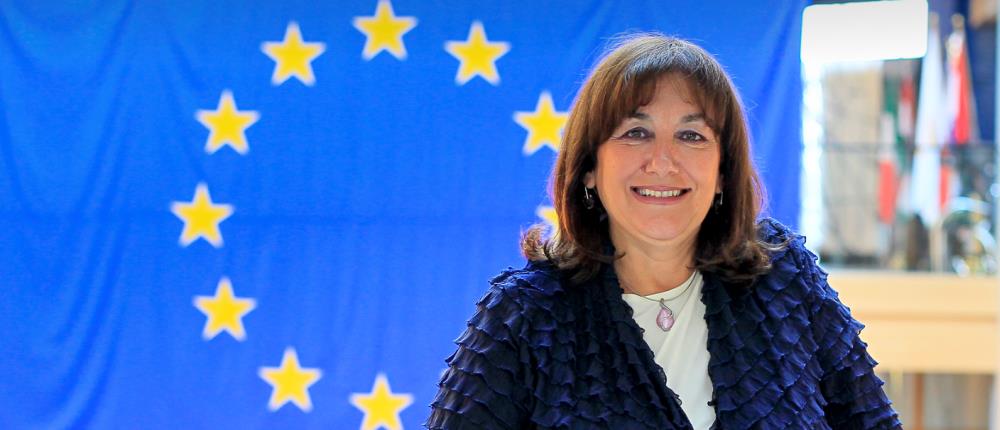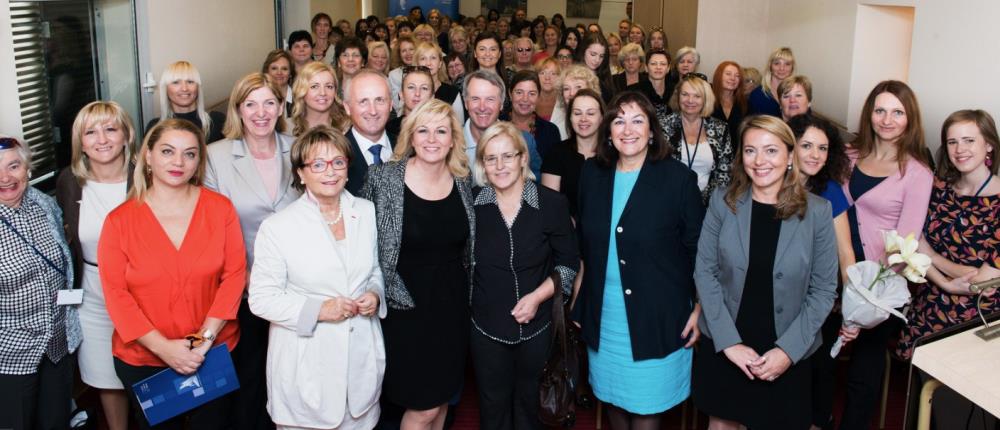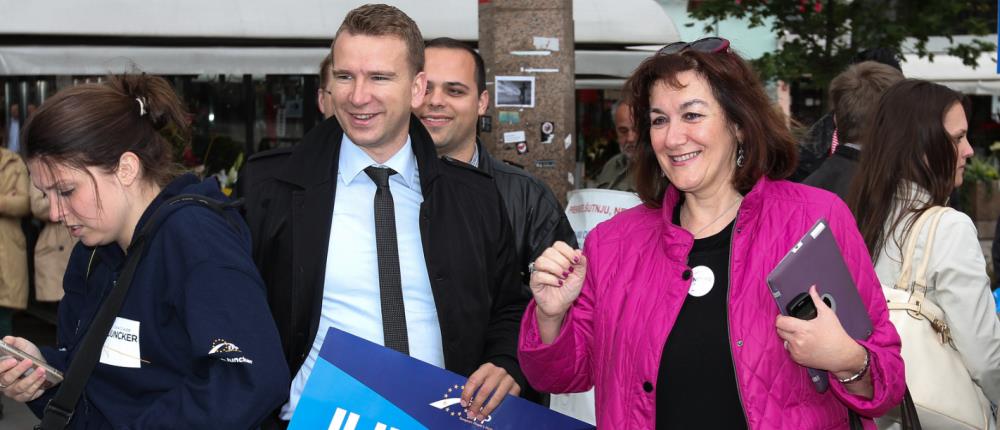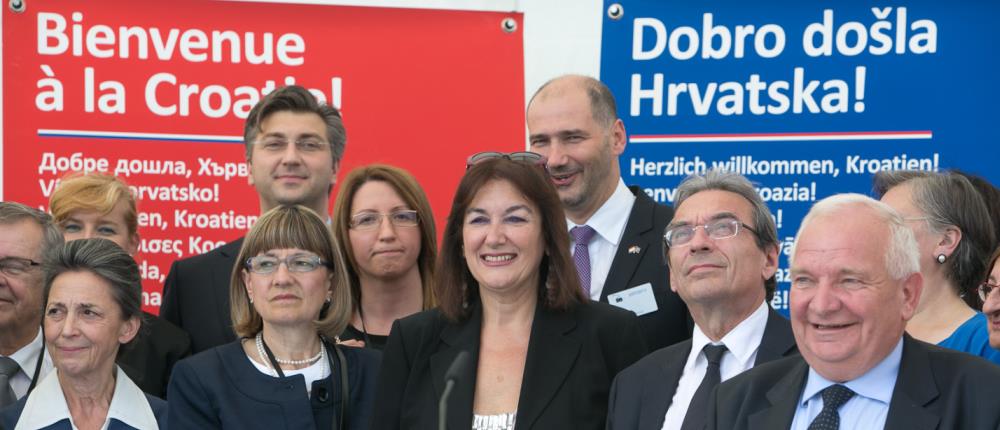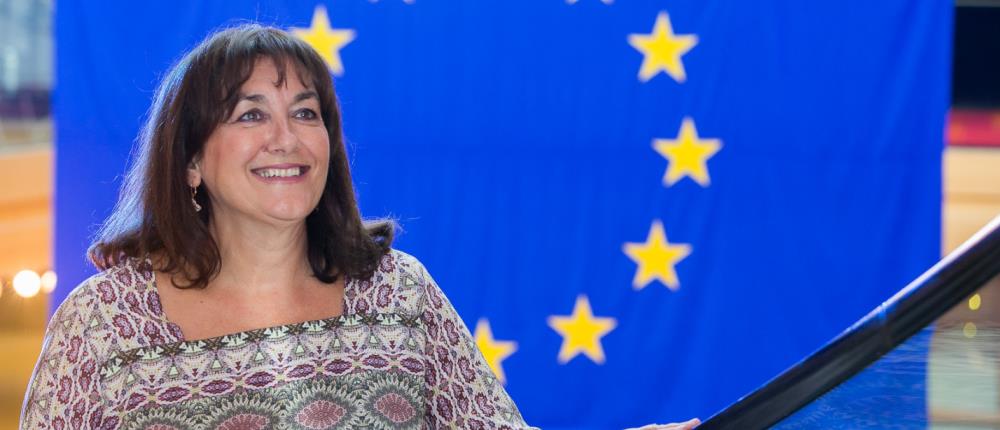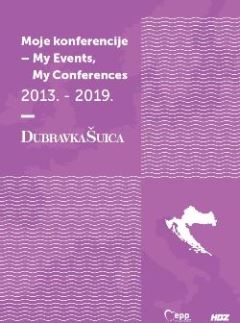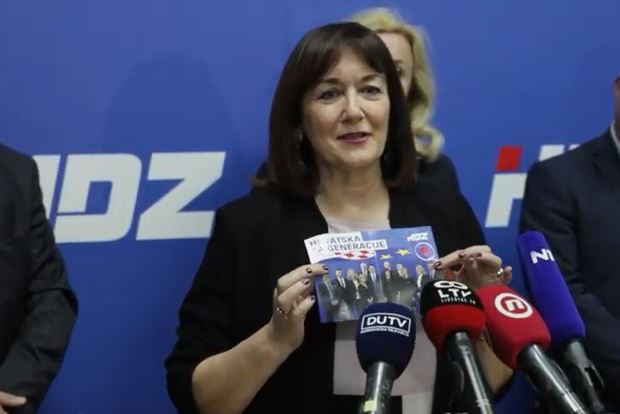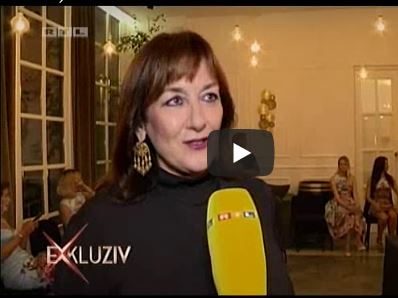Parliamentary questions
Question for written answer
Subject: Problem of media objectivity — Croatian Radio Television (HRT)
The basic function of a public service broadcaster is to report the facts objectively, accurately, and impartially. In a resolution adopted in 1994 the Council of Europe pointed to the need to support public service (radio and television) broadcasting and explicitly stated that the public service model is best suited to supporting the values underlying the political, legal, and social structures of democratic societies, and in particular respect for human rights, culture, and political pluralism. That television, and the media in general, are powerful opinion-formers is well known, and that is why the possibility of collusion between a government and senior employees of a state television broadcaster is, to my mind, especially dangerous. That is why I have to speak about the current situation in Croatia regarding this matter. The Director-General of HRT is chosen by the majority in Parliament, held by the coalition now serving in the Croatian Government. The present HRT management, chosen with the support of the above majority, interferes with programming and selects personnel according to their political leanings. Furthermore, this state of affairs has been brought about by the amendments introduced by the 2012 HRT Act, which the Commission has judged to be worse than the 2010 law, whereby television executives were to be selected on the basis of a consensus among the parties represented in Parliament. Sadly, that is no longer happening. There is also a visible tendency to filter information, in other words to disseminate it selectively. In this connection: 1. What is the Commission doing to promote freedom of the media and pluralism in Croatia? 2. What does it plan to do in response to public consultations on the independence ofaudiovisual regulatory bodies?



